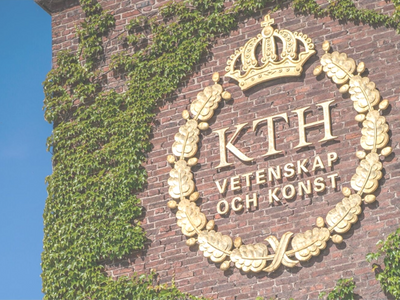The degree project should treat a, from a media technology perspective, interesting problem. For the assignment to be appropriate as a degree project, there must be interesting issues from the subject area to investigate.
Students can choose to carry out a degree project in one of the following two ways:
1. The emphasis of the work should lie on a practical group project that involves development and implementation of a media technological project. A project group should consist of three to five students who contribute to the project with supplementary knowledge and skills from courses in the Media Technology programme. The work includes making a careful specification, method and time plan for the assignment and to search for and read literature that is relevant for the degree project, and search for references from other comparable projects. The scope should be such that it is clear that the student has worked half-time during a semester. The work is reported through a practical demonstration of the project in exhibition format, a written report, and an individual reflection. Compulsory supervision meetings will occur.
2. The emphasis of the work should lie on study and analysis and the work is made individually or in a group of two. Any practical work, for example programming, should be of subordinate importance and aim for examining questions at hand. Included in the work is to make a careful specification and time plan for the assignment and to search and read literature relevant for the degree project. The scope should be such that it is clear that the student has worked half-time during a semester. The work is presented in a written report and an oral presentation. Compulsory supervision meetings will occur.
